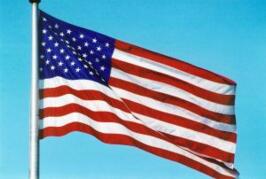Predict Whether Tim Geithner Will Still Be Treasury Secretary At The End of 2009
With the current economic crisis and the recent news regarding the bonuses paid out by insurance giant AIG the new Treasury Secretary, Tim Geithner, has been in the news frequently.

